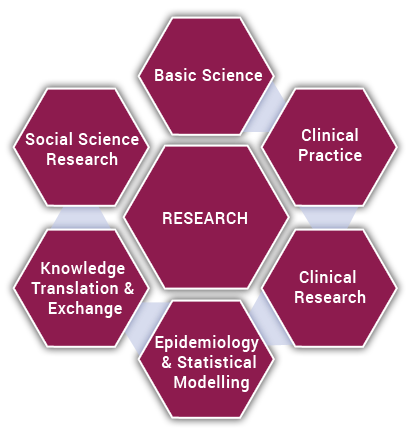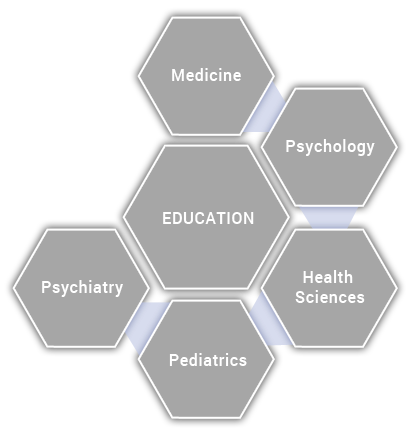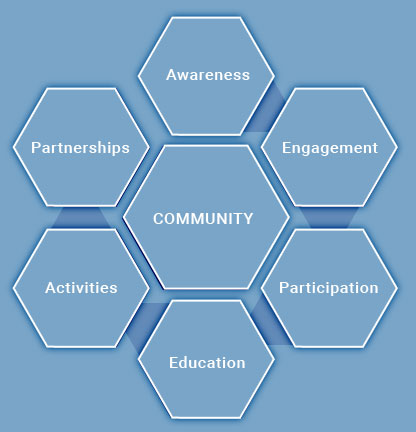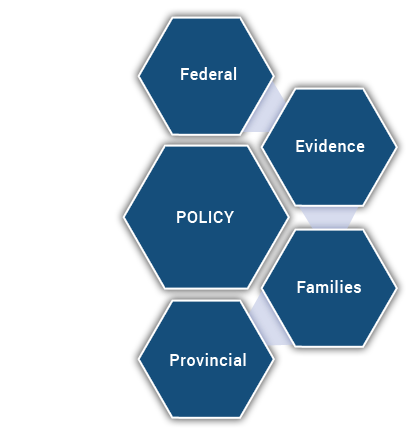We are pleased to introduce you to the three successful recipients of the 2023 Martha and Vincent Wagar Intellectual Disability and Autism Research Fund graduate student award!
About the research fund:
The Martha and Vincent Wagar Intellectual Disability and Autism Research Fund provides graduate students in the Faculty of Health Sciences the opportunity to pursue leading-edge research, specifically in the areas of Autism and/or intellectual disability. Specifically, the fund is intended to support costs related to innovative projects underway in these areas, including salaries, supplies, and equipment.
The call for applications for the 2023 Martha and Vincent Wagar Intellectual Disability and Autism Research Fund Graduate Student Award was put out in May. Applicants had to be pursuing graduate/post-doctoral work related to Autism and/or intellectual disability in the Faculty of Health Sciences at McMaster University. The successful applicants were those demonstrating strong research skills, academic excellence and productivity, and proposing projects with strong scientific merit and potential impact.
This year, our award recipients are:
Dr. Krysta Andrews
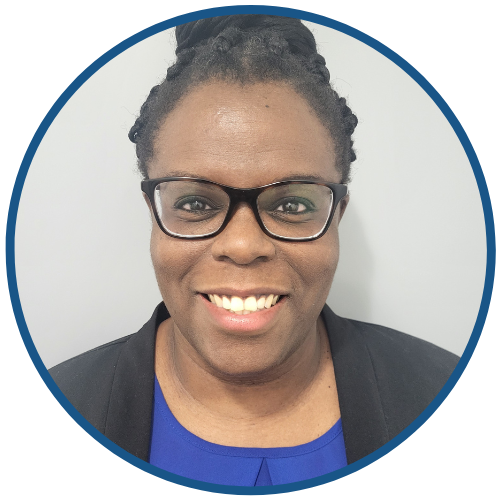
Dr. Krysta Andrews is a post-doctoral fellow with the Department of Psychiatry and Behavioural Neurosciences and the Offord Centre for Child Studies at McMaster University, working with Dr. Teresa Bennett.
The Wagar Research funds will help Dr. Andrews to expand her research in the areas of parenting interventions, parent-child interactions, and observational measure development with Autistic children. She aims to develop an observational measure to assess the behaviours of parents and other caregivers engaging in interaction tasks with their children aged 6-17 years; particularly for children with co-occurring intellectual disability and Autism. Specifically, she will work with families involved in the first evaluation of the Family Check Up® intervention for Autistic children (FAIR study) which focuses on families with children experiencing emotional and behavioural problems. She aims to provide important theoretical and empirical insights to guide a family-centered research agenda that includes groups of neurodivergent children and families who are less often represented in research and may experience barriers to accessing mental healthcare services.
When asked about what prompted her to pursue this research area and her hopes for her work, Dr. Andrews said, “My clinical experience as a therapist as well as my doctoral work exposed me to the ways in which parent-child interactions can shape children’s emotional and behavioural development. However, I was surprised by the limited number of studies using observational measures to evaluate parent-child interactions with Autistic children. So, I am grateful for the opportunity to work with the FAIR study team to develop an observational measure that I hope will make novel contributions to the parenting, and Autism literature. This research will also help parents and other caregivers reflect on the strengths they bring to their families and clarify their goals to support their child’s well-being.”
Dr. Pegah Firouzeh
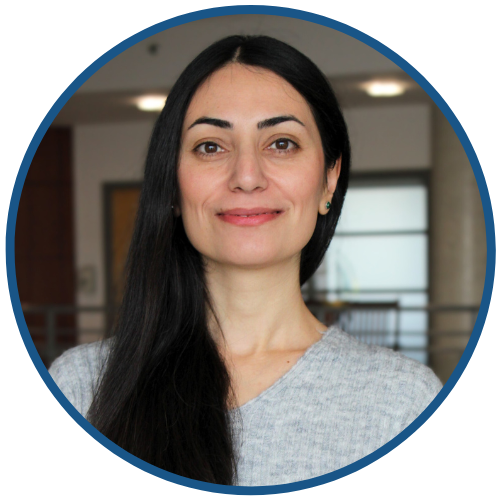
Dr. Pegah Firouzeh is a post-doctoral fellow, working with Dr. Briano Di Rezze at the CanChild Centre for Childhood Disability Research at McMaster University.
The Wagar Research funds will help Dr. Firouzeh to research about creating inclusive and supportive environments for Autistic youth, young adults, and those transitioning to adulthood. Dr. Firouzeh is determined to enhance meaningful participation, inclusion, and service delivery for children and youth with disabilities.
When asked about what prompted her to pursue this research area, Dr. Firouzeh said, “My research experience has focused on understanding children and families’ perspectives with orthotic devices with the aim of improving clinical practice in pediatric orthotics. This fellowship will aid me in promoting participation and creating an inclusive environment for children and youth with disabilities. I can apply the experience and transferrable skills throughout this fellowship to the field of orthotics, which is a long-term focus of my research career.” When asked about her hopes for the project, Dr. Firouzeh shared, “Working alongside Dr. Di Rezze’s team at CanChild, our hope is to enhance community participation for Autistic youth and young adults through providing employment opportunities and promoting a sense of belonging on campus. While conducting several projects in a limited time is challenging, the dynamic and supportive collaboration among our research team should provide us with a strong foundation going forward.”
Dr. Monika Novak Pavlic
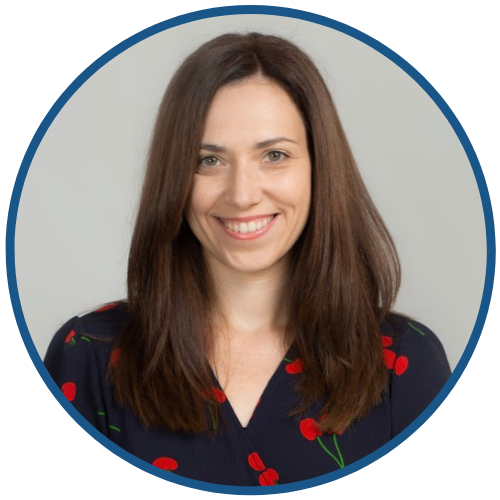
Dr. Monika Novak Pavlic is a post-doctoral fellow with the School of Rehabilitation Science, working with the CanChild Centre for Childhood Disability and with Dr. Gillian King.
The Wagar Research funds will help Dr. Pavlic to develop a self-report measure of child engagement, the Pediatric Rehabilitation Intervention Measure of Engagement-Child version (PRIME-C), which can be used to assess children’s engagement for both clinical and research purposes. They aim to address a knowledge gap around evaluating children and youth engagement with pediatric rehabilitation services, developing a sustainable solution for evaluation of therapy for Autistic children and children with intellectual disability that can be used to inform clinical practice and serve as a standardized research tool.
When asked what prompted them to pursue this research area, Dr. Pavlic said, “My path has always been driven by a passion for improving the lives of children with disabilities and their families that first emerged from my early volunteering experiences and continued through my university education, clinical practice and research. I have dedicated my career to learning about childhood disability, which motivated me to pursue a doctoral degree at CanChild, McMaster University. This experience has enormously shaped my journey as a researcher and instilled in me a deep appreciation for the opportunity to make a meaningful difference in the lives of children with disabilities and their families. My passion for making a significant impact and giving voices to children and families continues in my role as a post-doctoral fellow at CanChild, McMaster University and Bloorview Research Institute.”
When asked about their hopes for their project, as well as if they foresee any obstacles they may face and how they might overcome them, they responded, “My greatest hope for this project is to refine an engagement measure called the Pediatric Rehabilitation Intervention Measure of Engagement – Child Version (PRIME-C) that will enhance the quality of pediatric rehabilitation services and give children with disabilities a tool to express their perception of the therapy they receive. We anticipate challenges with recruitment which is why we have already built partnerships with four major treatment centres in Ontario. We plan to collaborate closely with youth partners, clinicians in the field, researchers with expertise in measure development and patient-oriented research, IT professionals and knowledge translation specialists. These partnerships and team efforts will be crucial in addressing all the obstacles and successfully reaching our research goals.”

